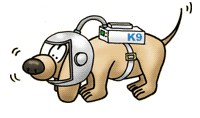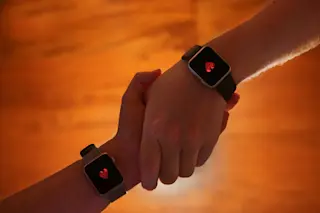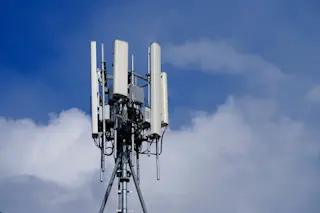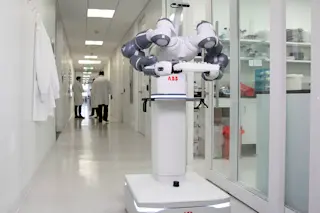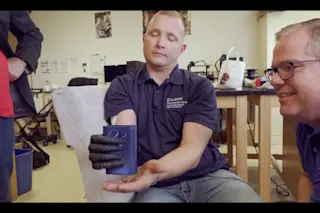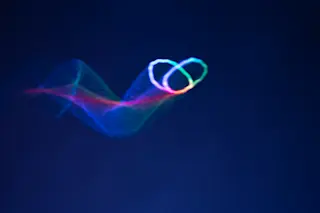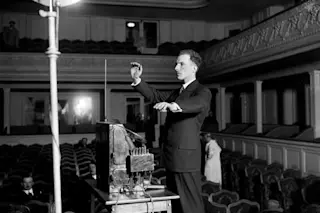The last time you were in an airport, did you feel your heart rate jump at the sight of vigilant German Shepherds sniffing your bags? While your suitcase may have been entirely contraband-free, the idea that smells, often uncontrollable and undetectable to the human nose, can reveal secrets about you is enough to make even a seasoned traveler nervous. Use of odor detection by law enforcement is on the rise, as defense attorney and surveillance expert Amber Marks writes in the Guardian. For police forces worldwide, smells are being increasingly relied on to detect drugs, weapons, and stolen goods. A smell alone, in the U.K. at least, can even be considered sufficient evidence to convict someone of a crime. Meanwhile, the technology of smell detection is rushing to meet tightened security needs: canine trainers are teaching dogs to sniff out emotions such as guilt and fear, while electronic noses can ...
Go To Jail—You Smell Like Drugs
Explore the advances in odor detection by law enforcement for uncovering drugs and weapons, including canine trainers teaching dogs.
More on Discover
Stay Curious
SubscribeTo The Magazine
Save up to 40% off the cover price when you subscribe to Discover magazine.
Subscribe

